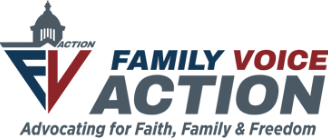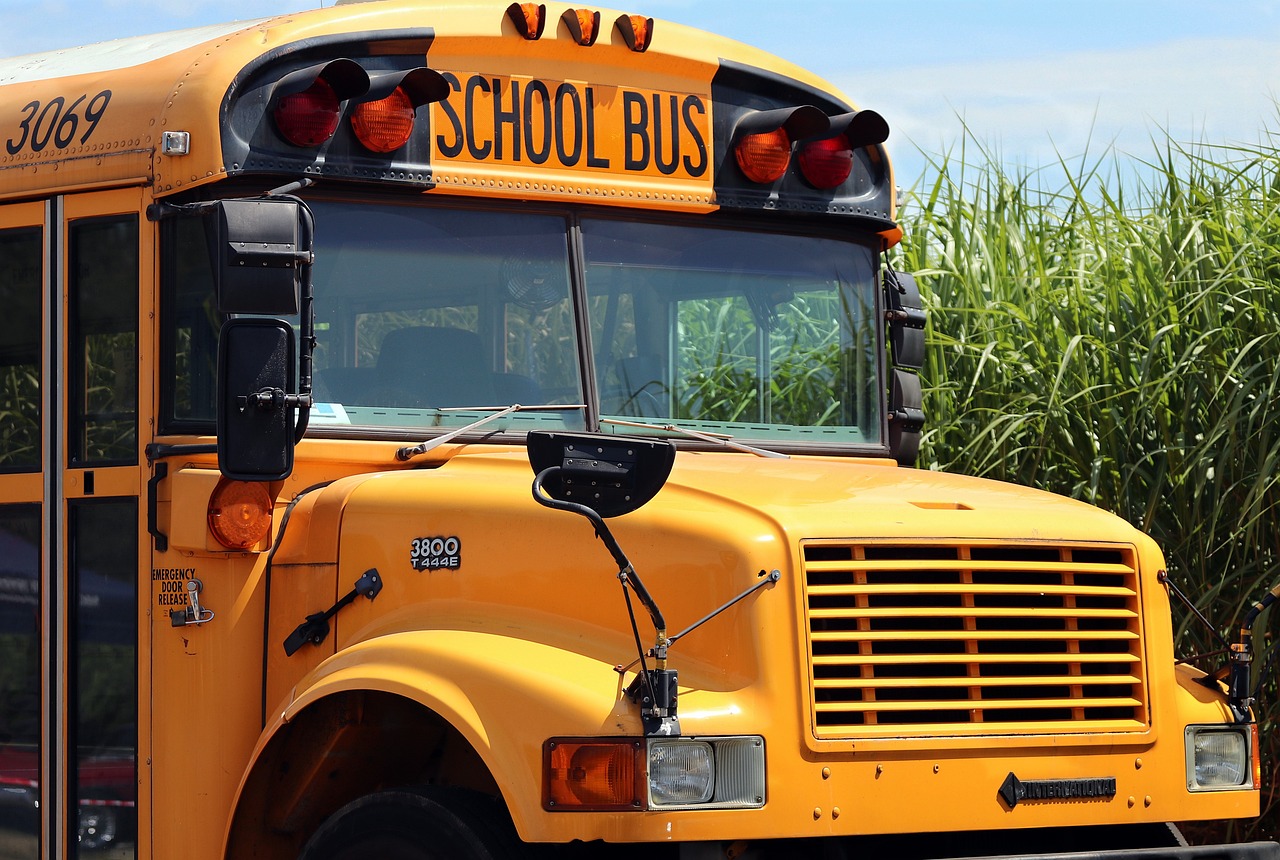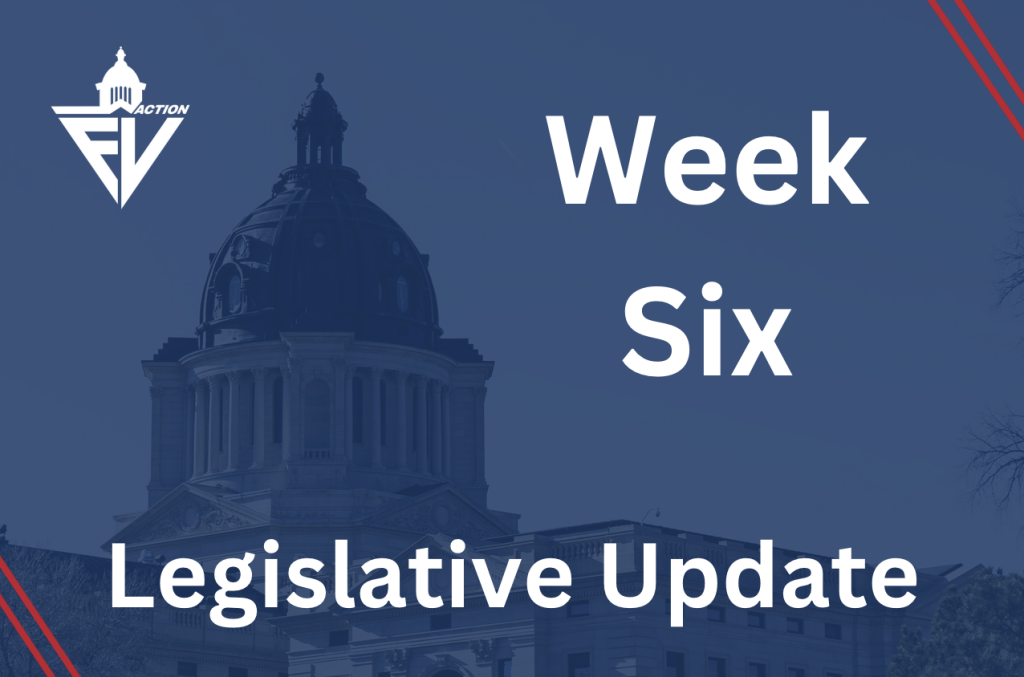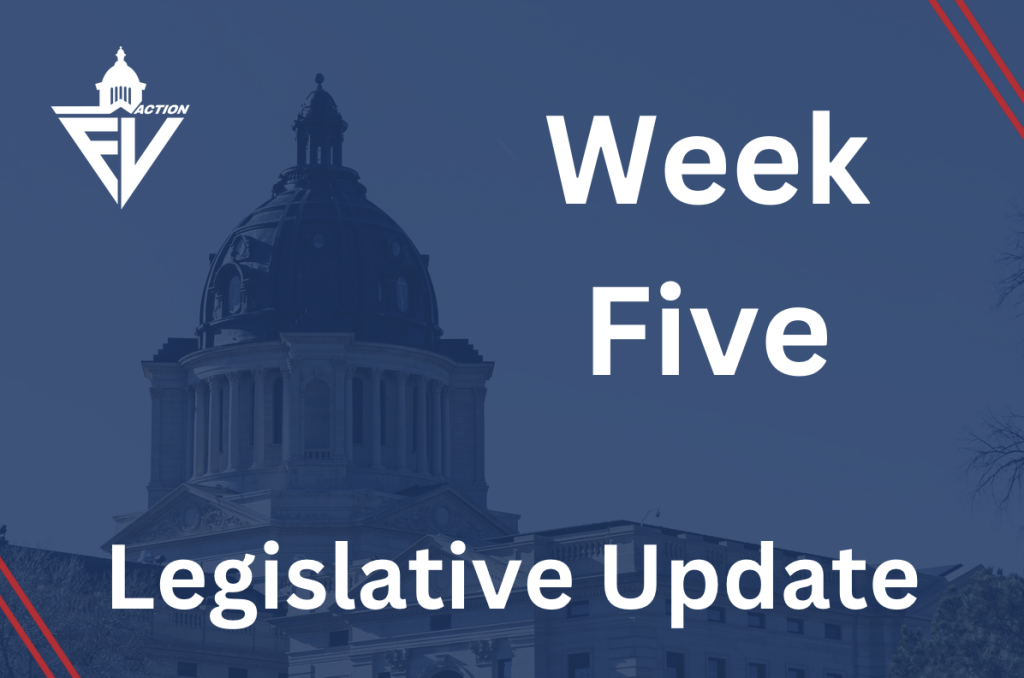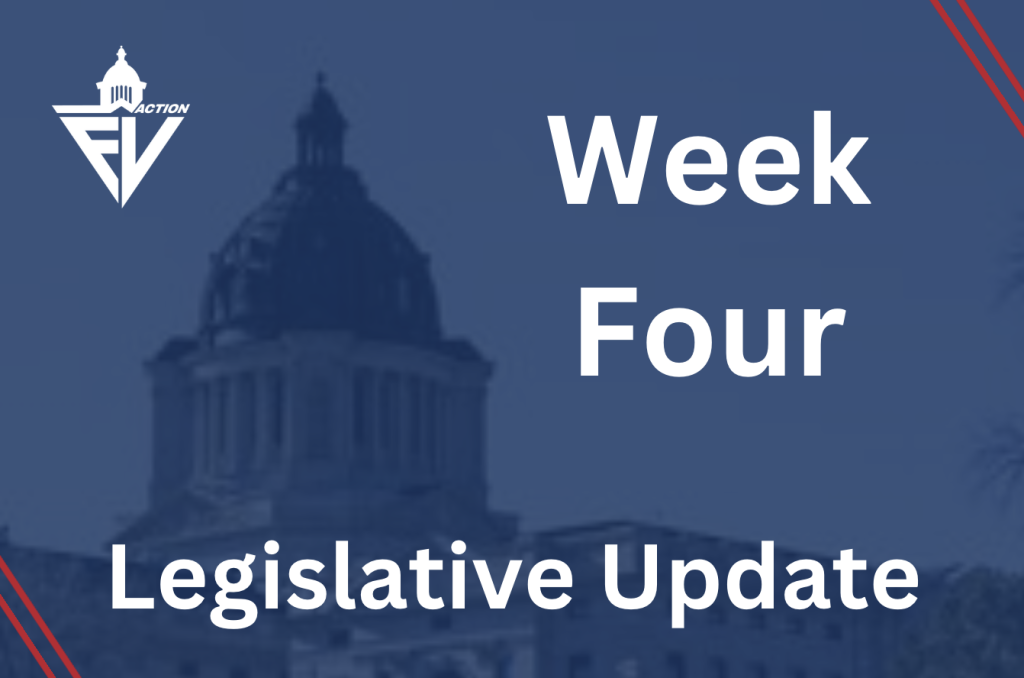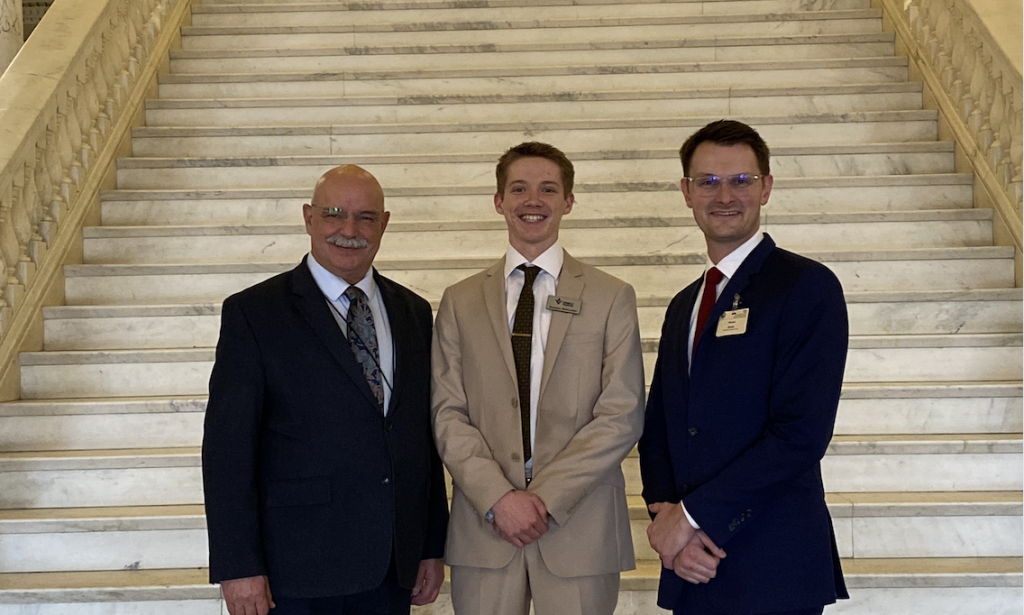Congress is working on a big package of changes to the federal budget, and one of the proposals could make it easier for families in all 50 states to choose where their kids go to school—public or private—by offering tax credits for people who donate to school scholarship programs. President Trump has coined this legislation the “One Big, Beautiful Bill.”
What’s Budget Reconciliation?
Every year, Congress has to agree on how the government will spend its money. Normally, it takes 60 votes in the Senate to get anything major passed. But with a special process called “budget reconciliation,” they can do it with just 51 votes. Republicans currently hold a simple majority with 53 seats in the Senate, making the budget reconciliation process ideal.
What’s in the Bill?
The House of Representatives has already passed this budget bill, which includes:
- Increases the Child Tax Credit to $2,500 per child
- Establishes optional $1,000 savings accounts for newborns
- Strengthens paid family leave provisions
- Provides tax relief for middle and low-income Social Security recipients by allowing an additional $4,000 deduction on taxable benefits
- Reduces taxes by approximately 15% for Americans earning between $30,000 and $80,000
“This bill will be the single most pro-small business, pro-family, and pro-American worker legislation ever,” White House Press Secretary Karoline Leavitt declared.
A Big Boost for School Choice
One part of the bill, called the Educational Choice for Children Act (ECCA), is aimed at giving parents more control over their child’s education.
Here’s how it works:
- People and companies can donate money to scholarship organizations.
- These groups give scholarships to families to help pay for things like tuition, tutoring, homeschooling supplies, and other education costs.
- Donors get a tax break in return.
- This program could help 1–2 million kids across the country.
Good news: This program doesn’t use government money and won’t be run by the Department of Education.
What Needs to Change in the Senate
The bill still needs to go through the Senate, and three important changes are needed:
- Individualized Education Program (IEP) Requirement Issue
On the House side, the school lobby was able to insert a “poison pill” into the bill. The way the IEP requirement is worded would exclude many smaller schools from participation in the program due to their smaller infrastructure. - Corporate Donations
Right now, only individuals can donate and get the tax credit. The Senate is being urged to let businesses donate too, which could bring in a lot more money for scholarships. The “Partners in Education” scholarship program in South Dakota accepts corporate donations, and this program should as well. - Program Expiration
The bill includes a sunset clause that limits the program’s duration to just 4 years. We are urging for this provision to be removed or significantly extended to ensure families don’t lose access to educational opportunities after only a few years of participation.
Why This Matters
We believe every parent should be able to choose the best education for their child—no matter where they live or how much money they make. This bill could give millions of families that chance by helping cover the cost of different education options.
UPDATE: The Senate Finance Committee made significant improvements to the bill, fixing issue #1 and #3 mentioned above.
